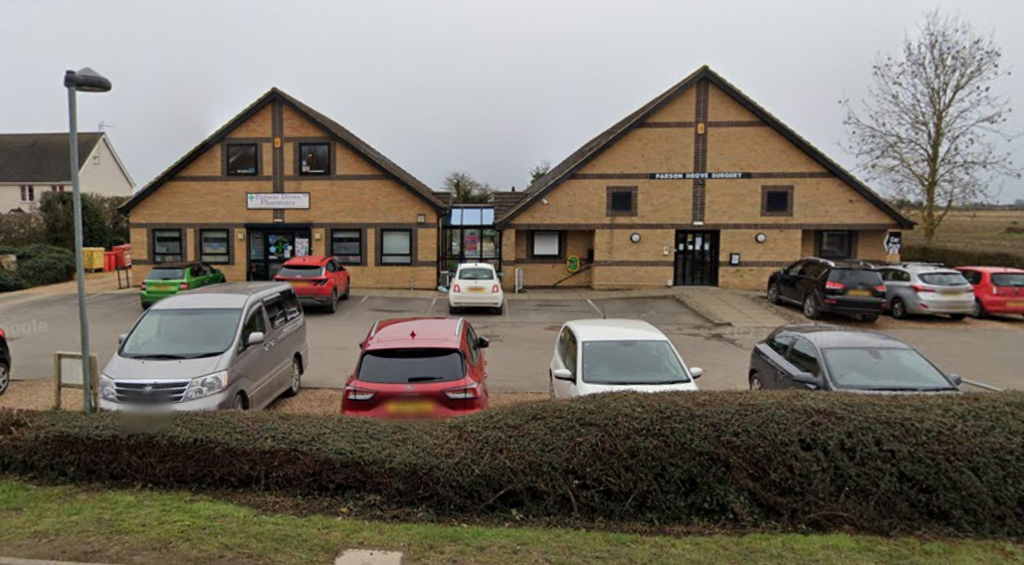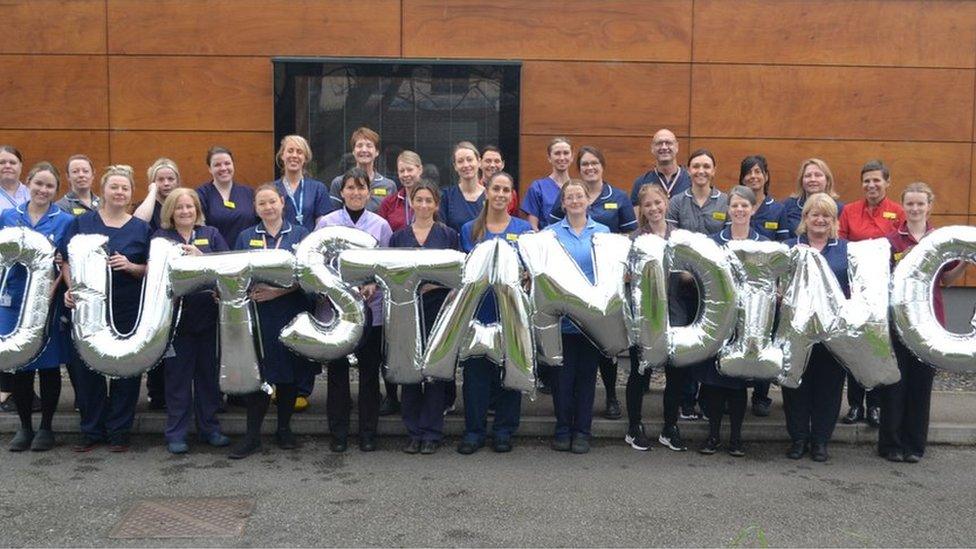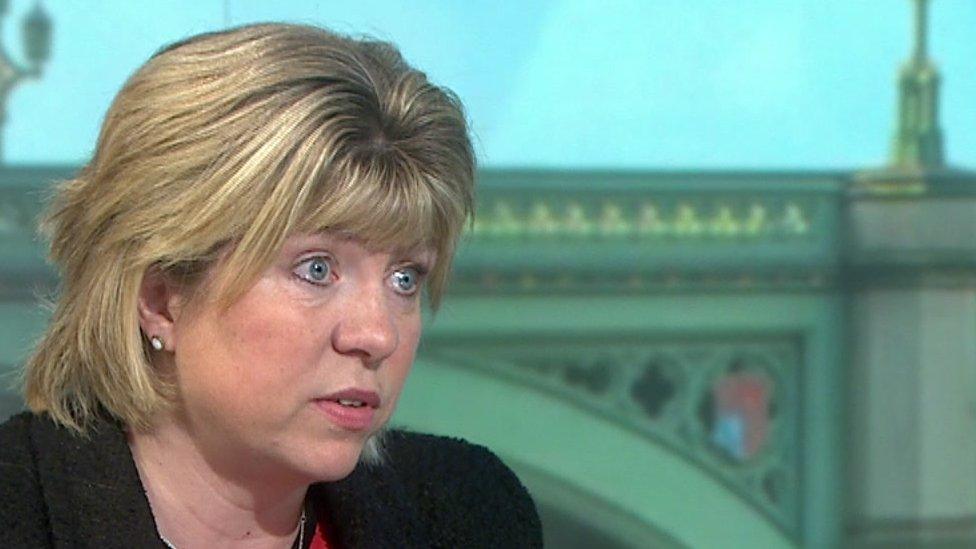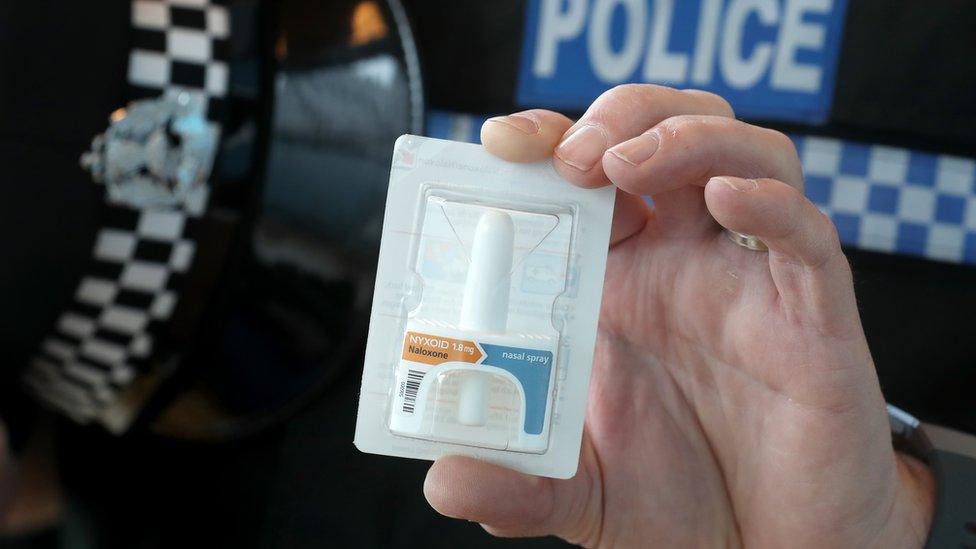GP prescribing opioids in 'high amounts' needs to improve

The surgery introduced new prescribing and opioid reduction policies after the inspection
- Published
A GP surgery that has "one of the highest "opioid prescription rates in England has been put into special measures.
The Care Quality Commission (CQC) said it investigated Parson Drove Surgery in Wisbech, Cambridgeshire, to follow up escalated patient safety concerns.
Inspectors said “a lack of safe prescribing and monitoring left service users at risk of harm”.
A surgery spokesperson said it had taken "immediate action to put in place robust plans to make the necessary improvements".

High opioid use can lead to dependency, inspectors said
The CQC report, external showed leaders did not have enough oversight of opioid prescribing at the surgery.
"The provider had one of the highest rates in England for opioid prescribing. We randomly sampled three service user records and found that there had been no medicine review completed for at least three to five years on these service users.
"High opioid use can lead to dependency and with no medicine review completed over a prolonged period of time, this placed service users at risk of harm."
However, inspectors noted staff felt supported by management.
An employee said: "I feel supported by the business manager and if I ask a question, it is never too much and there is an open-door policy."
Another added: "We don’t have access to supervision, however, if I ask for a course then I am allowed to go, for example, I am currently completing a qualification after requesting to."
It also said the practice had an overarching vision, "but it was not supported by a credible strategy to provide high quality sustainable care".
Unqualified staff
Stuart Dunn, CQC deputy director of operations in the east of England, said: “When we inspected Parson Drove Surgery, we were concerned that leaders weren’t managing numerous risks to people’s safety and weren’t making effective improvements when people raised issues.
“Leaders weren’t providing professional supervision to staff and hadn’t ensured they had completed essential training to keep people safe.
“For example, we saw that some people’s medicines were being prescribed by staff without the qualifications to do so."
He added that the CQC was "very concerned" that the "surgery wasn’t always following up with people who had described symptoms of a potentially serious illness", or regularly "reviewing the care of people with known long-term conditions".
It also had not been audited for a year and did not respond to patient surveys which showed the service was getting worse, he said.
Following the inspection, the surgery was told what improvements were needed.
“We’ll be monitoring the surgery closely to make sure these are carried out promptly and people are being kept safe while that happens," Mr Dunn said.
“We’ve also taken further regulatory action to protect people and will report on this when we’re legally able to do so.”
A spokesperson for the surgery said: "We take the concerns raised by the CQC incredibly seriously.
"The safety and wellbeing of our patients is our top priority, and we have taken immediate action to put in place robust plans to make the necessary improvements."
Follow Cambridgeshire news on Facebook, external, Instagram, external and X, external. Got a story? Email eastofenglandnews@bbc.co.uk, external or WhatsApp us on 0800 169 1830
Related topics
More health stories
- Published27 March 2024

- Published20 March 2024

- Published31 August 2023
